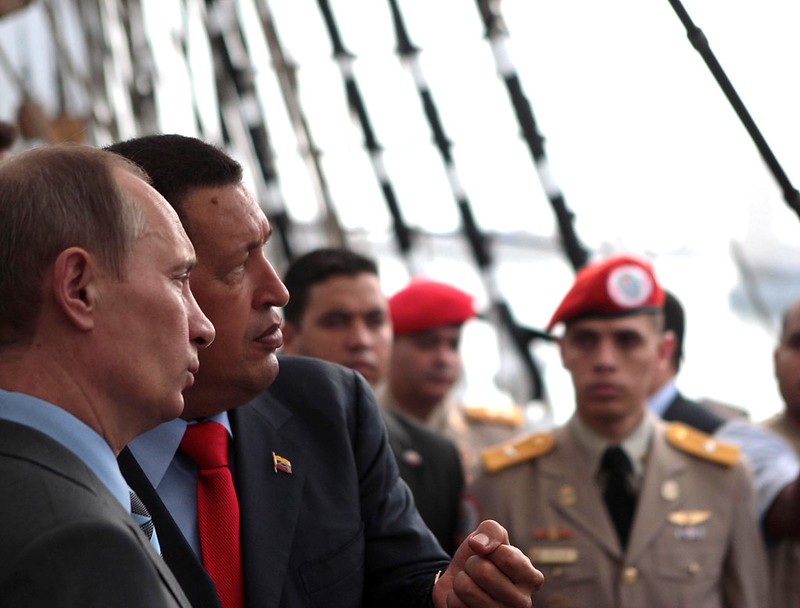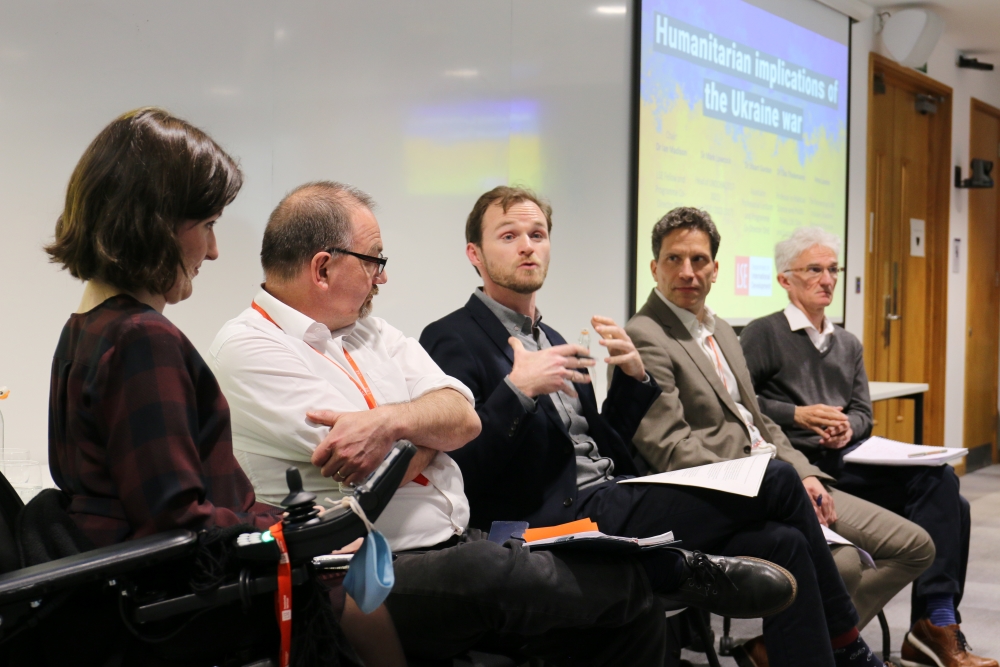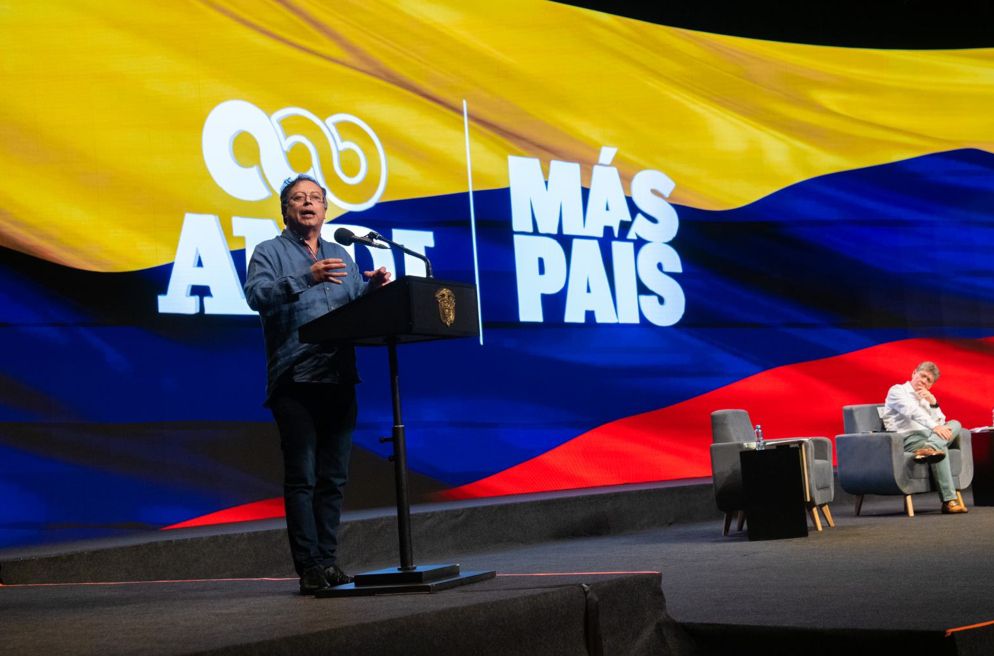On 8 November 2022, the Research Workshop on China and the Global South was held online, jointly organized by the LSE International Development, the Institute for Global Public Policy (IGPP) of Fudan University, the LSE Global South Unit and the LSE Global China Working Group. Students and scholars from LSE, Fudan University and some other global universities participated in the conference.
At the beginning of the workshop, Professor Kathy Hochstetler, Head of LSE International Development Department, and Professor Yijia Jing, Dean of the IGPP of Fudan University delivered welcome speeches and summarized the ongoing collaboration between the two sides in international development.
Panel 1
Professor Kathy Hochstetler opened the first panel on “South-South Development Banks and Financial Cooperation” and three scholars from the School of International Relations and Public Affairs of Fudan University shared their research results. Dr. Jianzhi Zhao shared an empirical study on “The impact of the AIIB on the World Bank”, which focused on the founding members of the AIIB. His team observed that the World Bank’s infrastructure support projects for the AIIB founding members decreased after the establishment of the AIIB in 2016. A dynamic multilevel latent factor model was used to explore the mechanisms behind the phenomenon. Professor Yu Zheng’s presentation was centered on “The Evolution of the Foreign Aid System in China”. He summarized three new features of China’s development assistance in the changing global political and economic landscape: market-oriented strategies, fiscal and environmental sustainability, and a combination of bilateral and multilateral channels. Professor Jiejin Zhu delivered a speech entitled “Institutional Isomorphism of the Asian Infrastructure Investment Bank”, analyzing the AIIB’s increasing convergence with traditional multilateral development banks in terms of operational objectives, business areas, and environmental and social standards, the causes of which may include social uncertainty, technical uncertainty, and employees’ work experience. In the Q&A session, the three speakers discussed in depth with other scholars on the topic of multilateral development banks and China’s foreign aid.
Panel 2
The second panel was chaired by Professor Yijia Jing and the theme was “South-South Cooperation and Learning”. Firstly, Dr. Elisa Gambino from the LSE Department of International Relations presented a field study on Chinese migrants in Ghana, namely “Beyond Risk, Reward and Return: The Evolving Practices of Chinese Privately-owned Businesses in Ghana”. This was followed by a detailed presentation on “Global Health Collaboration in the Belt and Road” by Professor Yingyao Chen from the School of Public Health of Fudan University, who shared Chinese experiences through two cases, and highlighted the important role of universities in capacity building. Finally, Tin El-Kadi from the LSE Department of International Development delivered a speech about “Learning along the Digital Silk Road? Technology Transfer, Power and Chinese ICT corporations in North Africa”, exploring the impact of the Digital Silk Road in North Africa based on Huawei and ZTE. After the presentations, three speakers responded to a series of questions raised by the participating scholars.
Panel 3
“South-South Investments and Development Assistance” – was chaired by the Mayling Birney Global Scholar Dr. Greg Chin from York University of Canada. Alvaro Mendez from LSE Global South Unit spoke on “New Development Assistance in the Global South: The NDB & AIIB in Latin America”. Dr. Yunxiong Li form the LSE Department of Geography delivered a presentation on “The Impact of Critical Rare Metal Availability on the Renewable Energy Transition. Yuezhou Yang from LSE Department of International Development gave a speech about “Land Rights and the Structure of Chinese Investment in Zambian Agricultural Land”.
To conclude the workshop, Professor Yijia Jing and Prof. Kathy Hochstetler both proposed to make this seminar between Fudan and LSE regular and in-person in the future, aiming at presenting and publishing cutting-edge joint research results. They thanked again the speakers and participants for their contribution.
The views expressed in this post are those of the author and do not reflect those of the International Development LSE blog or the London School of Economics and Political Science.
This article was originally published on igpp.fudan.edu.cn.





